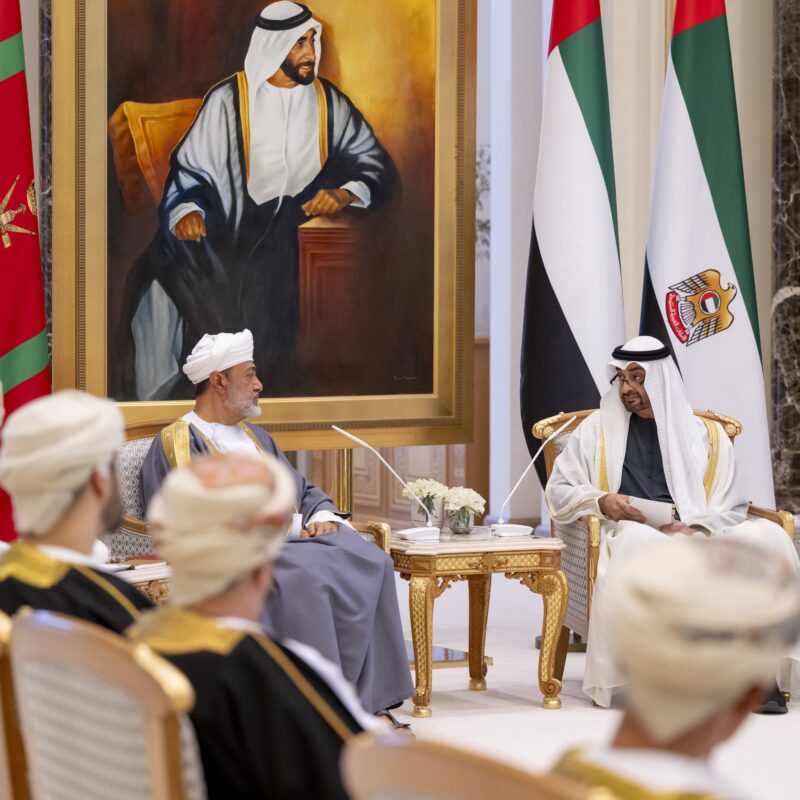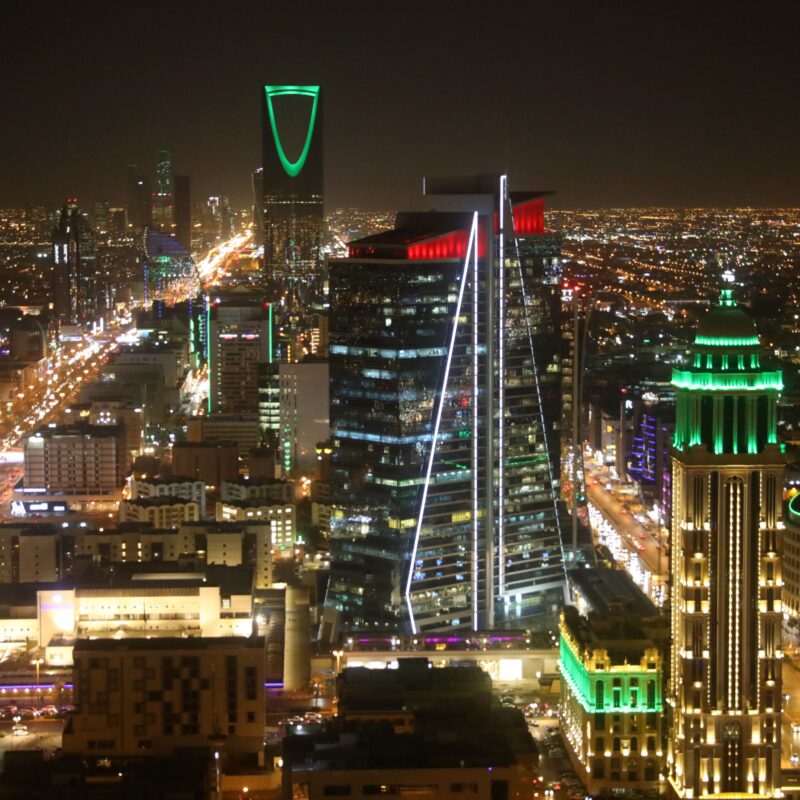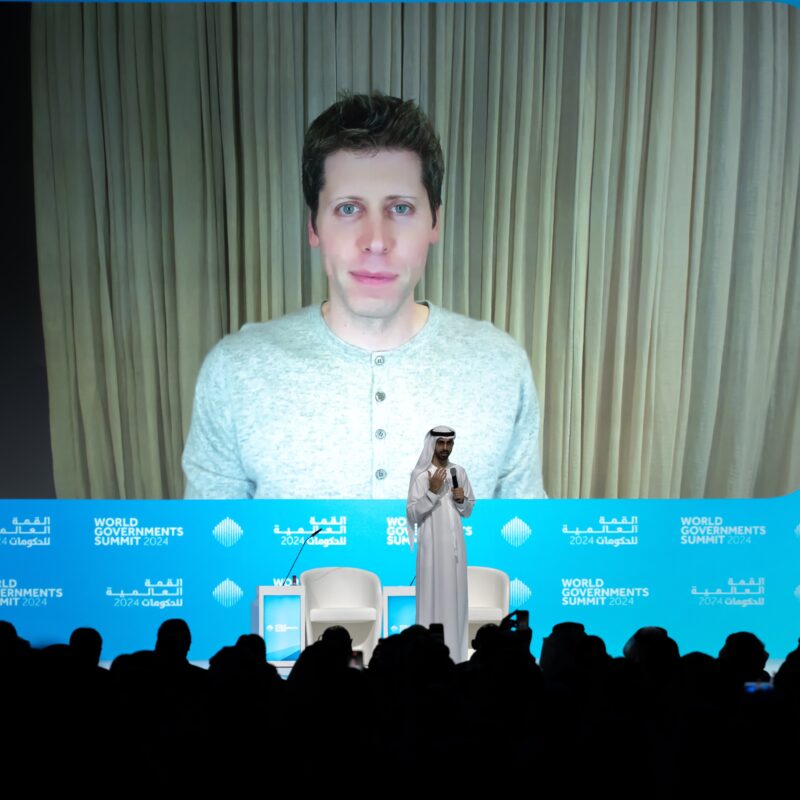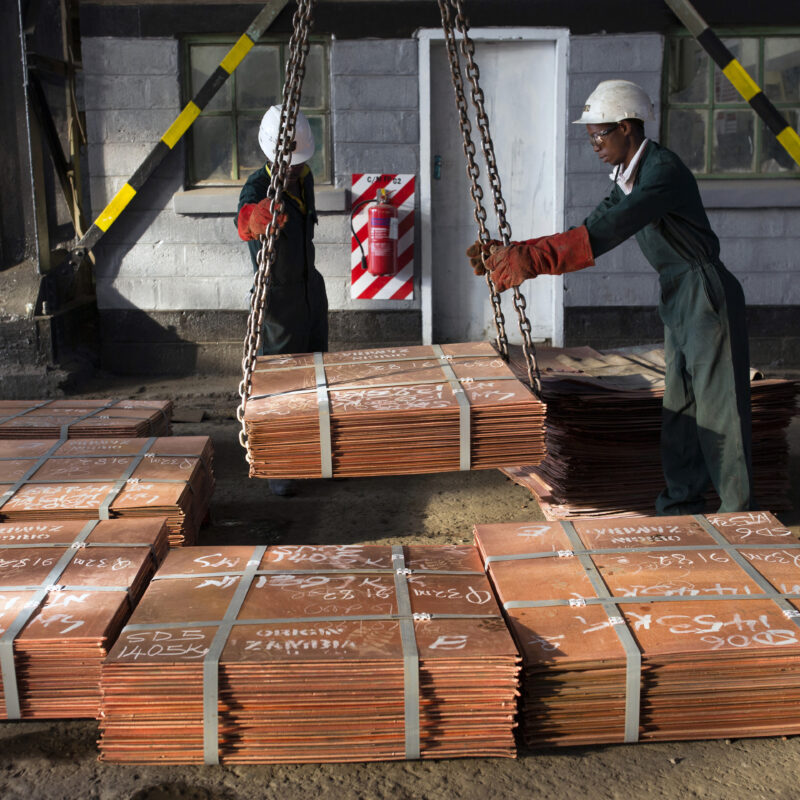Kushner hails Saudi Arabia as another startup nation
At Riyadh economic conference, former White House adviser recalls success in bringing Arabs and Israelis together, as Biden officials stay away
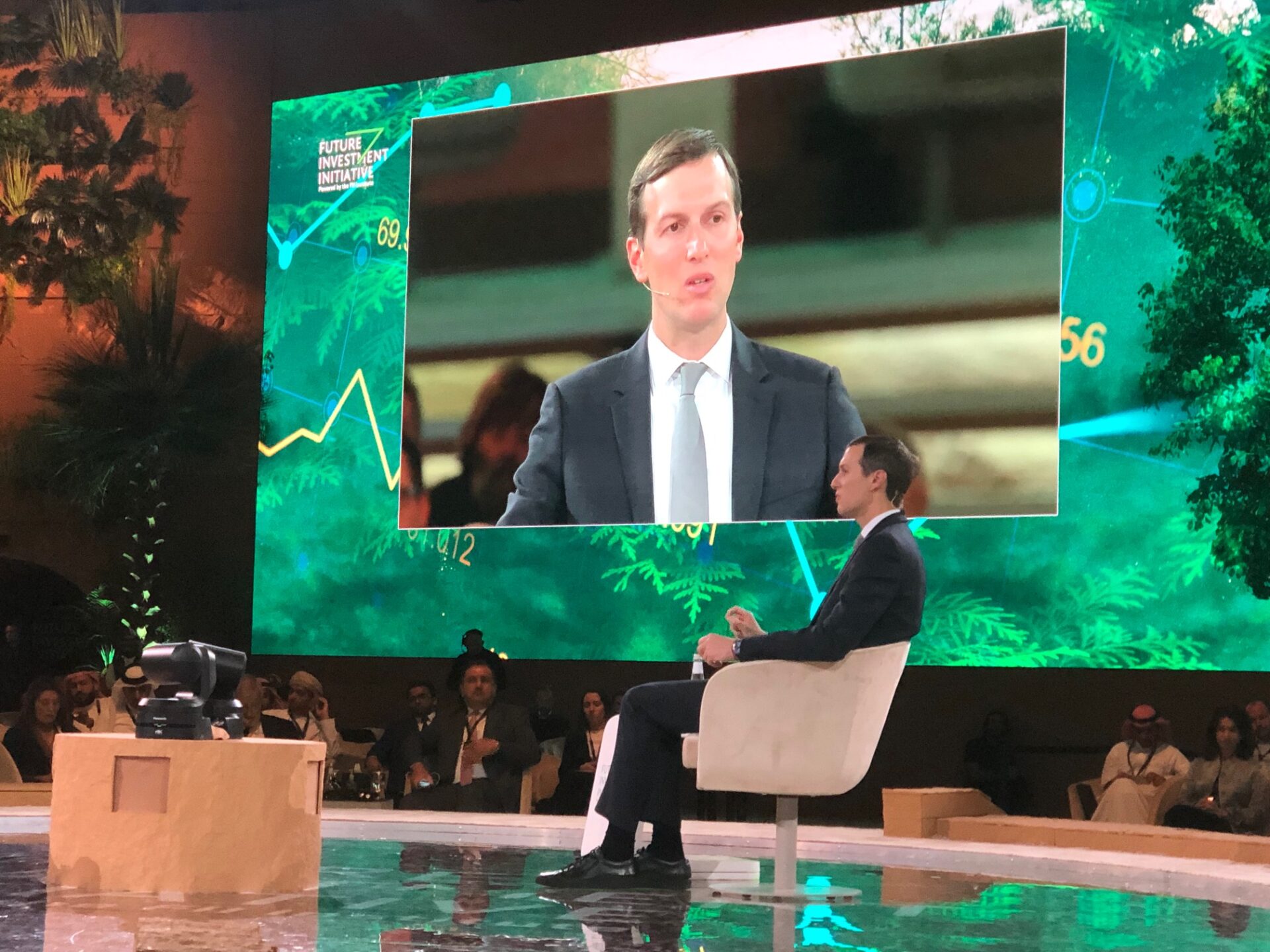
Photo: Jonathan H. Ferziger
Affinity Partners founder Jared Kushner at Future Investment Initiative conference in Saudi Arabia
RIYADH, Saudi Arabia — In the absence of any Biden administration officials, veterans of the Trump White House took to the stage at Saudi Arabia’s flagship international conference on Tuesday to remind investors of their accomplishments in connecting Israel and the Arab world.
Jared Kushner, who as a White House senior advisor brokered the Abraham Accords on behalf of former President Donald Trump, his father-in-law, went so far as to hail Saudi Arabia as a “startup nation,” using the nickname Israel earned by generating thousands of technology companies. Kushner, who now runs a private equity firm backed by $2 billion in Saudi investment, is reportedly putting some of the cash in Israeli startups.
“The Abraham Accords peace that was made in 2020 has unleashed a lot of connectivity in the region,” Kushner said at the Future Investment Initiative conference, an annual economic meeting that has been dubbed “Davos in the Desert” and brought 7,000 participants to the plush Ritz Carlton Hotel in the Saudi capital here.
“You see this region now, where Israel, which is a startup nation and the [United Arab Emirates], which is a startup nation, and even Saudi Arabia, which is a startup nation, are starting to think about their future generations,” Kushner said. “I think you’re going to see over the next decade a lot of progress and growth coming from this part of the world.”
The appearance by the 41-year-old founder of Miami-based Affinity Partners served to emphasize the absence of any representatives from the current White House and the simmering hostility between President Joe Biden and Saudi Crown Prince Mohammed bin Salman. Former Treasury Secretary Steve Mnuchin, who also runs a fund backed by Saudi investors, was scheduled to appear at the conference on Wednesday.
While startups founded by Saudi entrepreneurs are few, the kingdom’s $620 billion Public Investment Fund has backed some of the world’s biggest young companies, including WeWork, the provider of shared-office space created by Israeli-American Adam Neumann that was valued at $47 billion before its IPO was withdrawn in 2019. The share sale finally took place a year later and its stock is now worth about $2 billion.
Biden called the Saudi prince a “pariah” during his presidential campaign and later released CIA material connecting him to the killing of Jamal Khashoggi, the Saudi royal court adviser who later became a government critic and a columnist for The Washington Post. The U.S. president traveled to the kingdom in July in a bid to patch up the relationship, but the feud reemerged this month when Saudi Arabia and Russia cooperated to slash oil production from countries in the OPEC+ bloc, raising fuel prices across the world.
When he was president, Trump said the relationship with Saudi Arabia, the biggest U.S. arms customer, was too important to be derailed by the Khashoggi killing. Kushner cultivated a personal relationship with the prince, often referred to by his initials, MBS, and was said to communicate with him frequently through text messages.
While Saudi Arabia has yet to sign the normalization agreements with Israel that the Trump administration brokered with the UAE, Bahrain, Morocco and Sudan, the kingdom allows some Israeli companies to quietly operate within its borders.
“I think the crown prince understands that in order to transform the Saudi economy from an economy that has been almost wholly dependent on oil to one that has a vibrant tech sector, he needs to connect his people to the country that has the most vibrant tech sector in the Middle East, which is Israel,” Mark Dubowitz, CEO of the Foundation for Defense of Democracies, a Washington research institute, told The Circuit.
“What we’re talking about is a process,” Dubowitz, who is attending the conference, said. “Step by step, the kingdom is moving to greater and greater normalization with Israel.”
The conference, started by the prince in 2017 to showcase his ambitious “Vision 2030” plan for diversifying the economy and weaning it from dependence on oil, has been a magnet for some of the world’s most influential business leaders, although many stayed away after the Khashoggi killing. Among those attending this year were JPMorgan Chase CEO Jamie Dimon, Goldman Sachs CEO David Solomon and Blackstone Group CEO Stephen Schwarzman.
